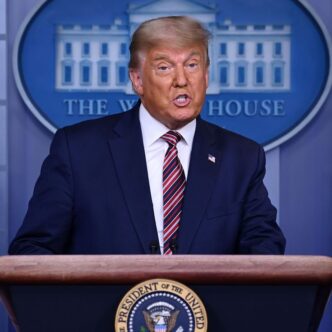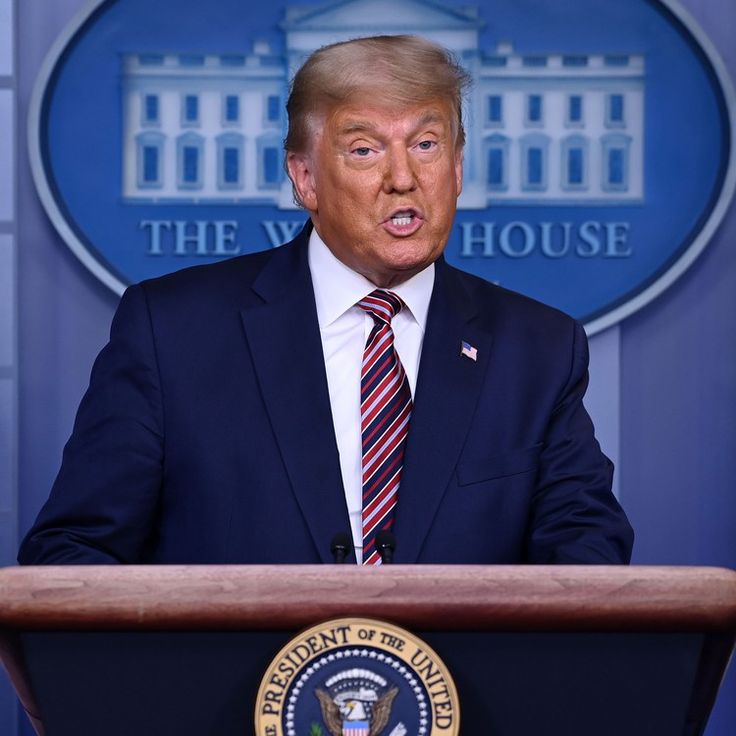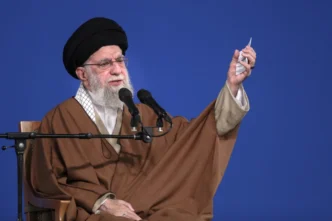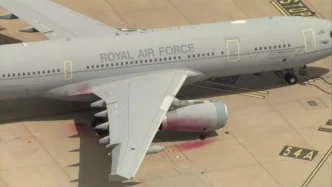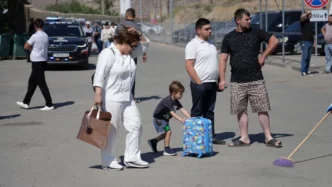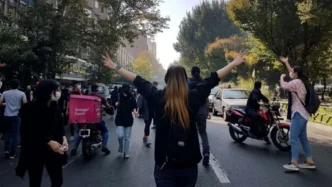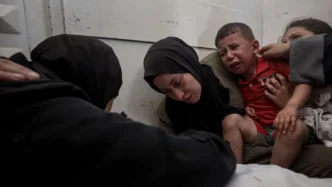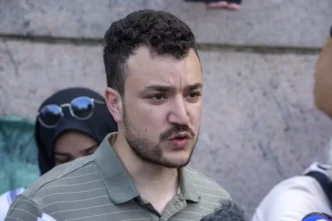As the Israel-Iran war enters its second week, President Donald Trump is holding back on US military intervention. Instead, he is giving diplomacy a chance, hoping for a peaceful solution to avoid escalating the conflict.
On June 19, White House Press Secretary Karoline Leavitt told reporters that the president will wait two more weeks before deciding whether to get involved. “There’s a chance for negotiations with Iran,” she said. “If that chance exists, the president will take it.”
Leavitt also made it clear that stopping Iran from developing nuclear weapons remains the president’s top priority. “He supports peace, but he won’t hesitate to use force if needed,” she added.
Meanwhile, diplomatic talks are happening in Geneva. Officials from Britain, France, Germany (the E3), and the EU are meeting with Iran’s lead negotiator, Abbas Araghchi. These talks follow Israel’s airstrikes on June 12 that targeted Iran’s nuclear and missile sites, which caused US-Iran negotiations to collapse.
Although a breakthrough is unlikely, European leaders believe diplomacy is critical. They argue that even if the war ends, Iran’s nuclear knowledge cannot be erased, and the risk of rebuilding its program remains.
An Iranian official told Reuters that Tehran supports diplomacy but wants Europe to pressure Israel to stop the attacks. UK Foreign Minister David Lammy echoed this sentiment, saying, “We have a short window to avoid a wider regional war.”
Behind the scenes, US Special Envoy Steve Witkoff has held multiple phone calls with Araghchi. They discussed a US proposal to enrich uranium outside of Iran, reducing nuclear risks. Iran rejected the offer in May, but may now be open to compromise.
A diplomat close to Iran said the country might be more flexible if the US can convince Israel to stop its military campaign.
On June 18, Trump revealed that Iran showed interest in direct talks. “They even said they’d come to the White House,” he claimed. “That takes courage.”
Experts believe Iran may be under real pressure. According to Dennis Ross, a former US Middle East envoy, recent Israeli strikes weakened Iran’s nuclear infrastructure and killed key security officials. “The regime feels vulnerable,” Ross said.
Still, Trump is not committing to military action. “I may do it, I may not,” he said when asked.
One challenge is Iran’s Fordow nuclear plant, which is buried deep underground. Only the US has “bunker buster” bombs powerful enough to destroy it.
Mark Dubowitz, CEO of the Foundation for Defense of Democracies, believes Trump prefers diplomacy. However, letting Israel continue its campaign may give the US more leverage in future talks.
Regional leaders are also urging caution. Gulf countries warn that US involvement could cause wider instability. Anwar Gargash, advisor to the UAE president, said, “Military action may solve some problems—but it creates others.”
Back home, Trump is facing growing pressure from his base. Key conservative voices like Tucker Carlson and Steve Bannon oppose US strikes on Iran. They remind voters that Trump promised to end “forever wars” in the Middle East—a pledge that helped him win the 2016 and 2024 elections.
Recent polls show that 60% of Americans are against US involvement in the conflict, making diplomacy not only the safer path—but also the more popular one.
